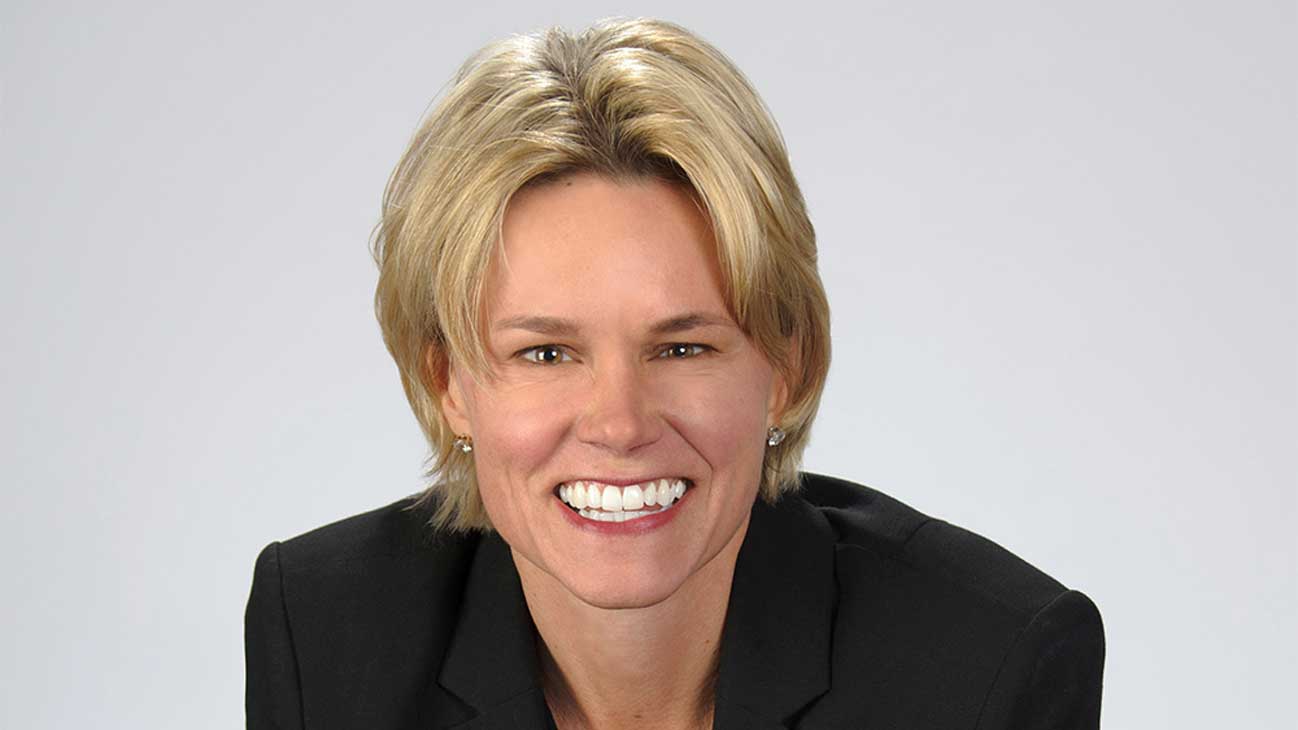Molly Fletcher is a trailblazer in every sense of the word. As president of client representation for sports and entertainment agency CSE, she spent two decades as one of the world’s only female sports agents. Hailed as the “female Jerry Maguire” by CNN, she recruited and represented hundreds of sport’s biggest names, including Hall of Fame pitcher John Smoltz, PGA TOUR golfer Matt Kuchar, broadcaster Erin Andrews, and basketball championship coaches Tom Izzo and Doc Rivers. Today, Molly shares her unconventional and unique techniques that made her one of the first female sports agents in the high-stakes, big ego world of professional sports and now a successful entrepreneur. In the post below, Molly explains why “energy management” is so important in today’s fast-paced world.
Time management is so important for effectively pursuing your purpose, but energy management is even more critical.
Remember that time you followed a schedule crammed with tasks and activities directly related to your purpose, but the effort didn’t seem to get you much closer to your goal?
That’s because when you don’t manage your energy, you fall short of getting the most out of your time.
Too often we assume, for instance, that spending an hour on an important task is going to produce measurable results. But it’s not the hour that matters; it’s harnessing your energy, regardless of the clock. When your work involves people and things that suck your energy, you need to give yourself more time to regroup. Or you risk burnout.
Energy sources are different for each of us. High achievers seem to tap into a relentless flow of energy, and their purpose rises from this precious resource. I believe this energy can be found when you dig down deep to discover who you are emotionally, mentally, spiritually, and relationally when you are your best self.
When you value the energy that is intrinsic to only you, your energy dictates how to use your time. It may be that you do your creative problem solving at the time of day when you are most mentally fresh. You might give yourself a quiet time of relaxation before you meet with that difficult client.
When you begin to see your time as serving the ebb and flow of your energy, you can make better choices of how to spend both.
Here’s how.
Performing an Energy Audit
When your home or office’s heating and cooling system isn’t working efficiently, it’s time for an energy audit. The same principle applies to people who seek greater productivity.
You might think of heat as the energy you need to get things done, and cooling as the energy replacement time (down time) needed in between those bursts. Both are super important, especially to avoid burning out. You have to have the guts to ditch the things that don’t bring meaning to your life.
By pinpointing where you lose energy, you can begin to put your energy to better use.
- What percentage of your time is spent in activities that energize you? What are those activities? Make a list. Who are the people, events and tasks that you look forward to the most?
- What percentage of your time is spent in activities that suck energy out of you? What are those activities? Make a list. These can be people, tasks, meetings and other recurrent obligations. These are where you are leaving the lights on too long.
- What are steps you can take to adjust your energy spending to make it more efficient? Brainstorm without judgment. What would you would remove from your schedule—and what you would expand—if there were no barriers to maximizing your energy?
- Identify the realistic steps from Question 3. Choose one or two to implement for a set period of time (1 week or 1 month, for example). Make and fiercely protect your scheduled time related to people, tasks and events that boost your energy. Conversely, limit and enforce the time related to the things that suck energy out of you.
- At the end of your experiment in Question 4, reflect on your results. Where are you still leaving the lights on too long? Where are you missing chances to boost your energy? Adjust your schedule as necessary, and keep fine tuning.
Your Game Changer Takeaway
When you develop an awareness of habits that affect your energy, you can begin to strategize ways to manage your energy even better. An energy audit as described above will help you develop and practice being intentional. High achievers know that you must prepare well to deal with people, places and things that drain your energy. Most of all, recognize that you control your energy—how you spend it, where it goes and how you can allocate it better. Awareness of energy will change how you manage your time, and change it for the better.

